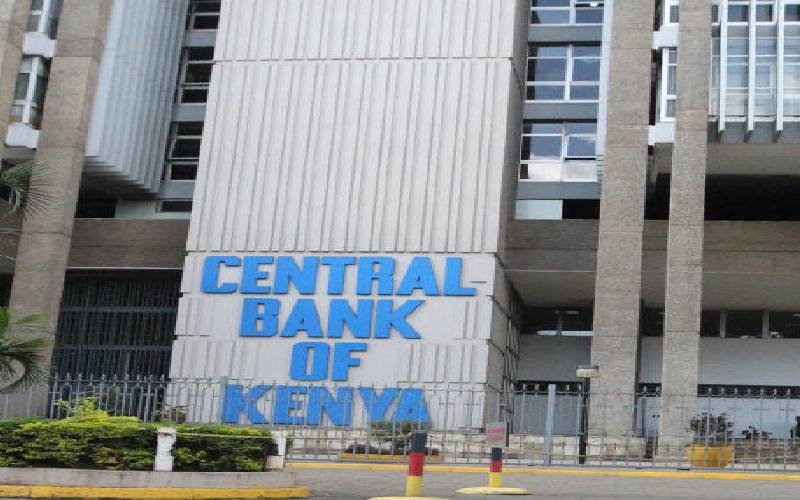×
The Standard e-Paper
Home To Bold Columnists

Central Bank of Kenya (CBK) issued fresh conditions for banks that wish to access the Sh35.2 billion it freed up after slashing the Cash Reserve Ratio (CRR) by one percentage point.